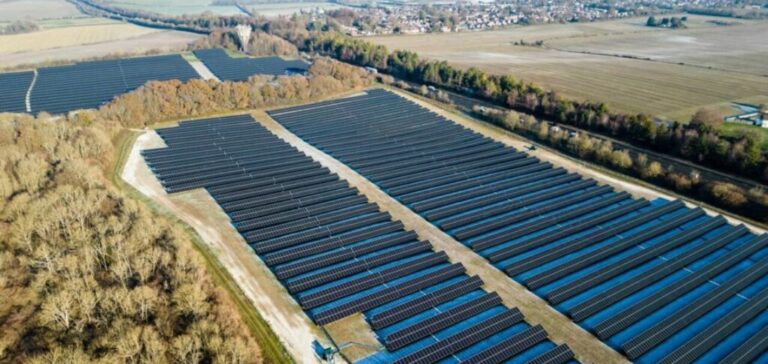North Warwickshire Borough Council recently took the decision to refuse planning permission for a 48.9MWp solar farm. This surprising decision goes against the favorable recommendation of its own planning department, raising questions about local decision-making processes. The refusal came on the same day that Rachel Reeves, Labour’s new chancellor, announced major reforms to planning restrictions to stimulate economic growth.
Project background
The solar park project was planned on a 150-acre site near Fillongley, close to the M6 freeway. This park would have generated 48.9MWp of power, supplying significant energy to the grid. The project had been recommended for approval by the Head of Development Control, but was ultimately rejected by the council committee, citing concerns over visual and landscape impact in a protected green zone.
Stakeholder reactions
Mark Harding, European Development Director at Enviromena, expressed his surprise and disappointment at the board’s decision. He emphasized that the project had been designed in close collaboration with the local authorities and had met with no objections from the statutory consultees. The refusal, influenced by Fillongley’s local councillor, goes against initial expectations and recommendations, creating uncertainty for future projects.
Implications for Planning Policies
This decision comes at a time when the British government, through Rachel Reeves, is calling for a reform of planning processes to facilitate development projects and stimulate economic growth. The rejection of this solar project highlights the tensions between national directives and local decisions, and could have implications for other similar projects in the region and beyond.
Future prospects
Enviromena plans to appeal this decision, which will entail additional costs and potentially delay project implementation. This case illustrates the persistent challenges faced by companies in the renewable energy sector as a result of local planning policies. Better alignment between national and local policies seems necessary to facilitate investment in major infrastructure projects.






















